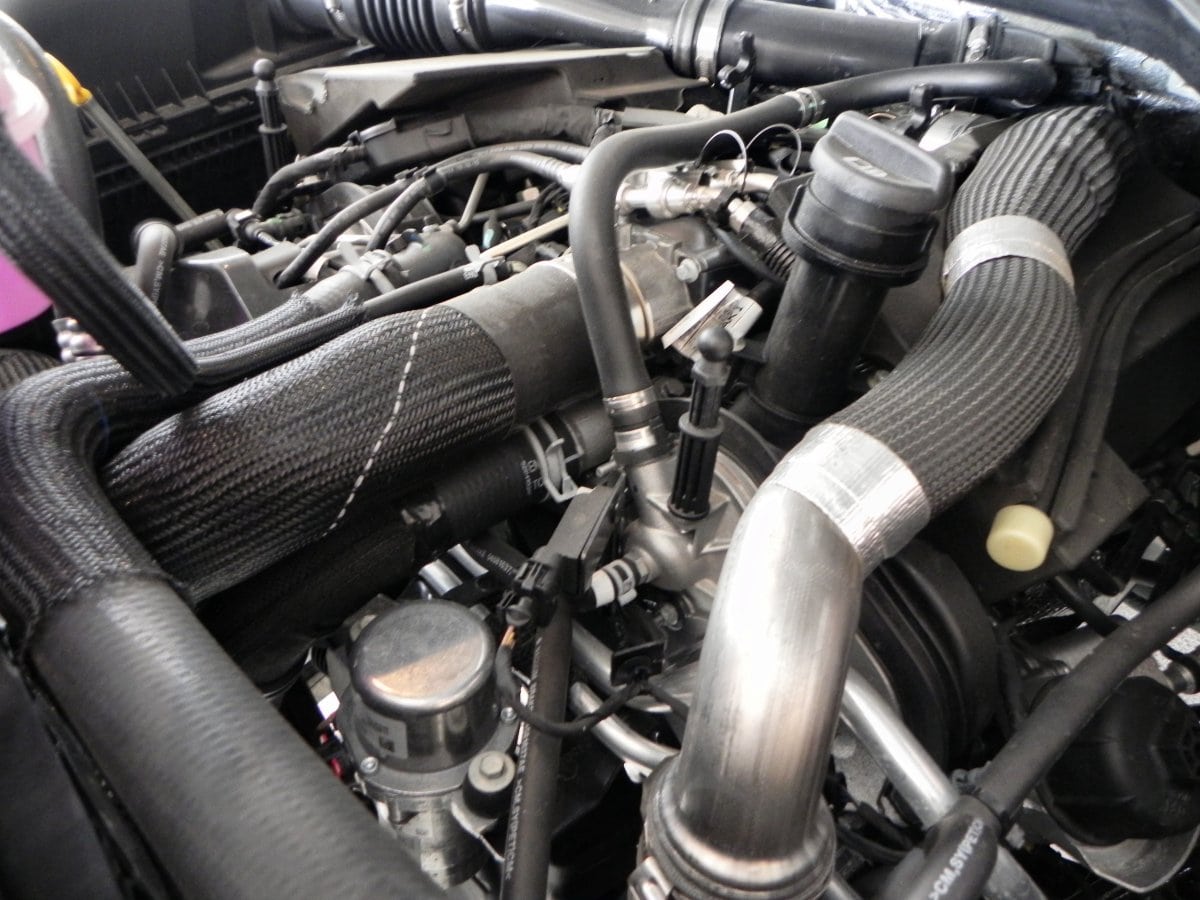When choosing a truck, one of the biggest decisions you’ll face is whether to opt for a diesel or gasoline engine. Both types of engines have their own unique advantages and disadvantages, impacting performance, fuel efficiency, maintenance and cost. Understanding these differences can help you make an informed decision that suits your specific needs.
Diesel Trucks
Pros
- Fuel Efficiency Diesel engines are generally more fuel-efficient than gasoline engines. They can provide 20-30% better fuel economy due to their higher energy density and efficient combustion process. This advantage is especially good for long-haul drivers and those who frequently tow heavy loads.
- Torque and Towing Capacity Diesel engines produce more torque at lower RPMs than gasoline engines. This high torque output translates to superior towing capacity and better performance under heavy loads. For those who tow trailers, boats or heavy equipment, diesel engines are the preferred choice, and it is easy to find a new GMC for sale that includes those capabilities.
- Durability and Longevity Diesel engines are built to withstand higher compression ratios and the stresses of heavy-duty use. As a result, they tend to have a longer lifespan than gasoline engines. Many diesel engines can easily surpass 300,000 miles with proper maintenance, making them a durable and reliable option for long-term use.
Cons
- Initial Cost Diesel trucks typically have a higher upfront cost than their gasoline counterparts. The advanced technology and robust construction of diesel engines contribute to this increased initial expense.
- Maintenance and Repair Costs While diesel engines are durable, they can be more expensive to maintain and repair. Diesel engines require specialized mechanics and parts, leading to higher service costs. Additionally, the diesel fuel injection system is more complex and can be costly to fix if issues arise.
- Noise and Vibration Diesel engines are generally noisier and produce more vibration than gasoline engines. This can lead to a less comfortable driving experience, particularly during long trips.
- Emissions and Environmental Impact Despite improvements in diesel technology, diesel engines typically produce higher levels of certain pollutants, such as nitrogen oxides (NOx) and particulate matter, compared to gasoline engines. This can harm air quality and the environment.
Gasoline Trucks
Pros
- Lower Initial Cost Gasoline trucks are generally less expensive than diesel trucks. The simpler construction and widespread availability of gasoline engines contribute to their lower initial cost.
- Smoother and Quieter Operation Gasoline engines run more quietly than diesel engines. This provides a more comfortable driving experience, making gasoline trucks better for those who want comfort and refinement.
- Lower Maintenance Costs Gasoline engines are typically less expensive to maintain and repair. Parts are more readily available, and many mechanics are well-versed in servicing gasoline engines, leading to lower overall maintenance costs.
Cons
- Fuel Efficiency Gasoline engines are generally less fuel-efficient than diesel engines. This means higher fuel costs over time, especially for those who drive long distances or frequently tow heavy loads.
- Towing Capacity While gasoline engines have improved in recent years, they still typically offer less torque than diesel engines. This results in lower towing capacities, making gasoline trucks less ideal for heavy-duty towing applications.
- Longevity Gasoline engines usually have a shorter lifespan than diesel engines. While many gasoline engines can last well beyond 200,000 miles with proper maintenance, they are not as robust as diesel engines when handling high-stress conditions over long periods.
The Wrap-up
Choosing between a diesel and a gasoline truck depends largely on your specific needs and priorities. By carefully considering these pros and cons, you can select the truck that best meets your requirements and budget.







